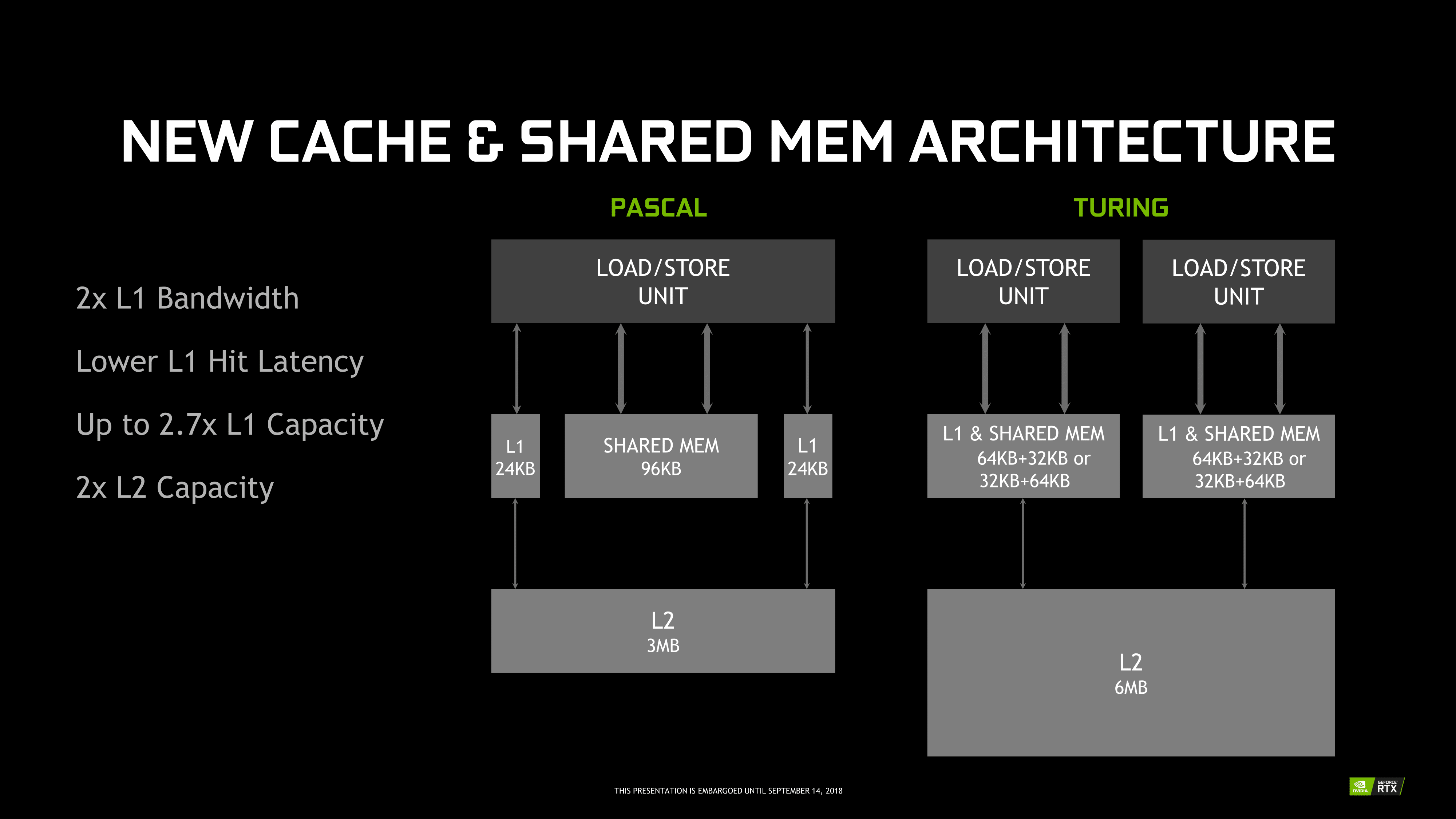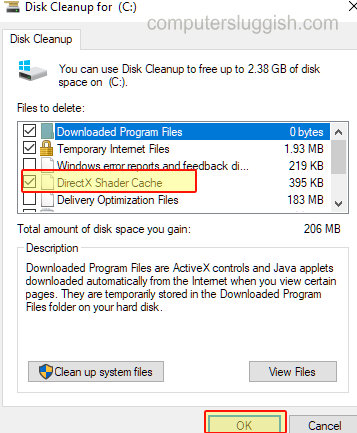
You still haven't answered if you use a HDD or not, so we cannot know if that could be the cause of your stutter, a HDD will slow things down, moreover considering games on PC are not even close to being optimized like in a console and even more if its not a very fast HDD.īattlefront 2 never really stutters (but for some reason seems to do it at Windows 1809 sometimes and at 1803 didn't so it worries me and I am unsure if I must try an older version of Windows to stop this behavior) for me and I never played ME: Andromeda, the game got rid of Denuvo, so I don't see why it should stutter. Other games seem to cache their stuff on their own files, so countless driver changes don't even affect them one bit and other games may stutter a few seconds when you start them and then they just settle down just fine. This could happen when you clean-install a new driver and some games have to rebuild the cache, TW3 will stutter badly with a fresh driver install for a good while and probably some others games too. To tell if it needs to be redone just run benchmarks that use the disk, if you notice write speeds that are half or less what they're supposed to be (reads aren't normally affected as much), consider taking the time to run this. You only need to do this if you have an unplanned restart / shutdown at some point. Hard drives could take a half hour or more if they're what you're running off of.Īfter the computer has 'finished repairing drive c:' then you will see it restart, and then you should finally be able to log back in and resume whatever you were doing. This work could take 10 seconds to a few minutes on an SSD depending on the hardware that comprises it, and how expensive and new it is (speed of it), and how full it is.

Then either manually restart or type in "shutdown -r" to force the machine to restart in 60 seconds if that is what it needs to do, and the work should continue at restart. Press Y and hit enter when/if it asks you to do this upon next restart. This assumes your drive is c: You do not need to type in the quotes. Open an administrator command prompt, and type in "CHKDSK /F C:" and press enter. Save your work in your open programs before continuing. A solid state drive should never really have long lag times unless it's cheap, or broken/misconfigured in some way.

If you're running Windows off a hard drive, this is to be considered normal and you may not need to do this stuff at all.

This is due to having a 'dirty' disk with bits of lost or unaccounted-for files and such. If you're writing anything to the drive, and you haven't cleanly restarted the computer at some point (power failure, BSOD crash, hardware failure), you could be incurring extra latency with every write.


 0 kommentar(er)
0 kommentar(er)
